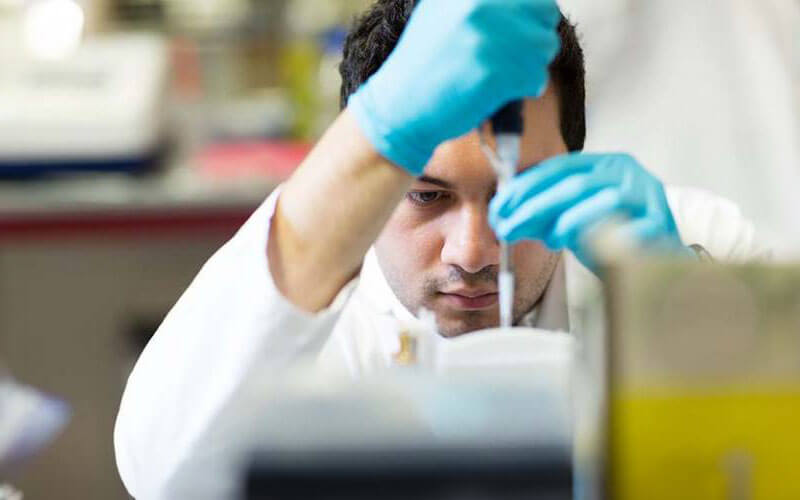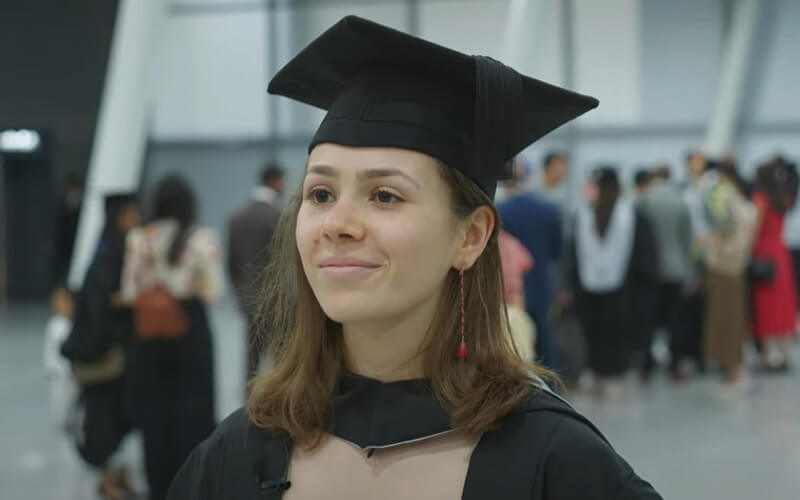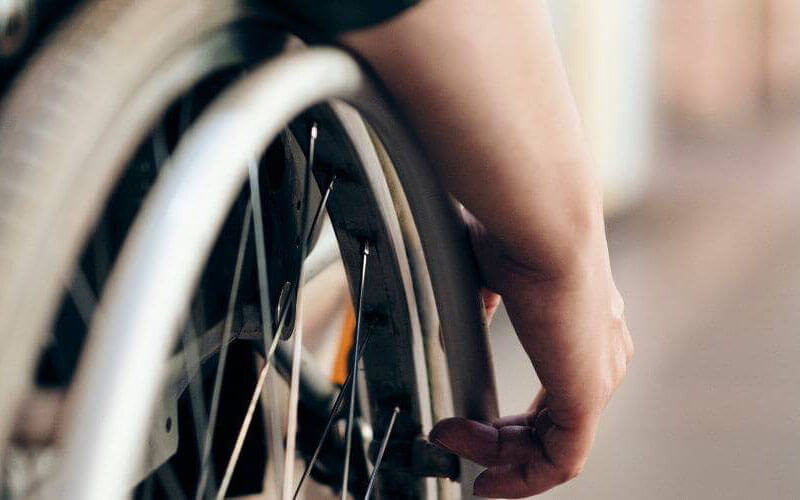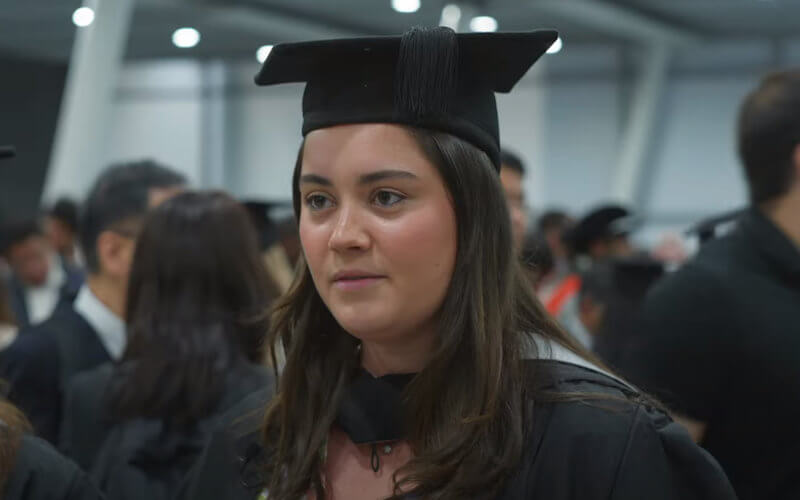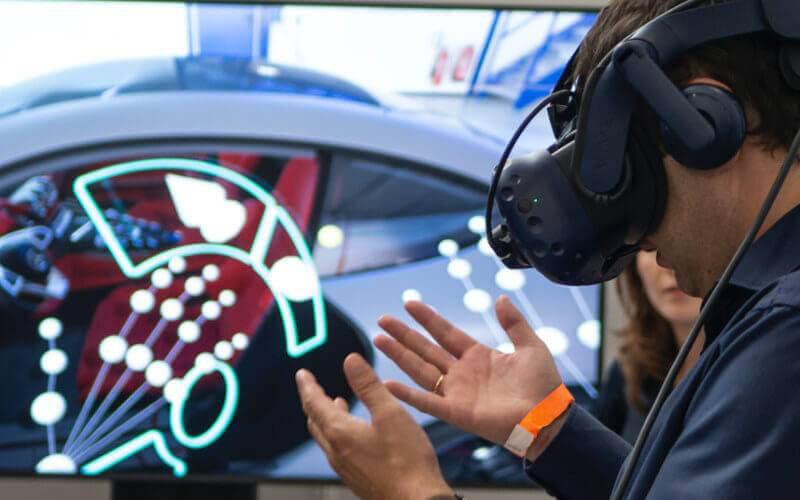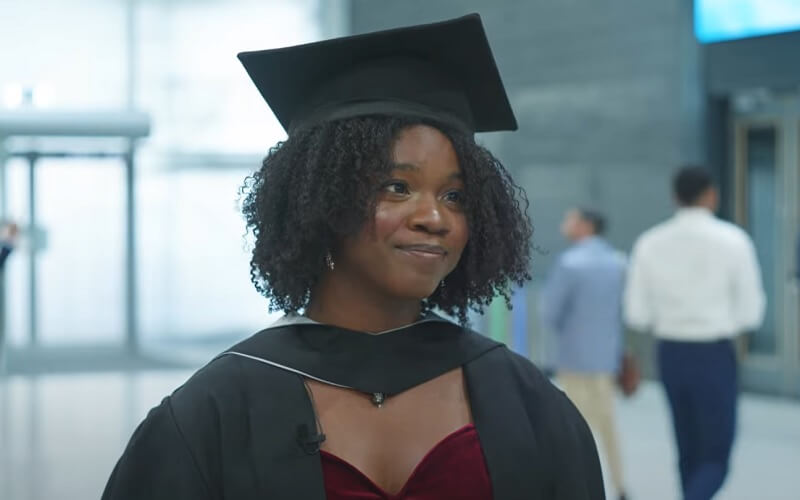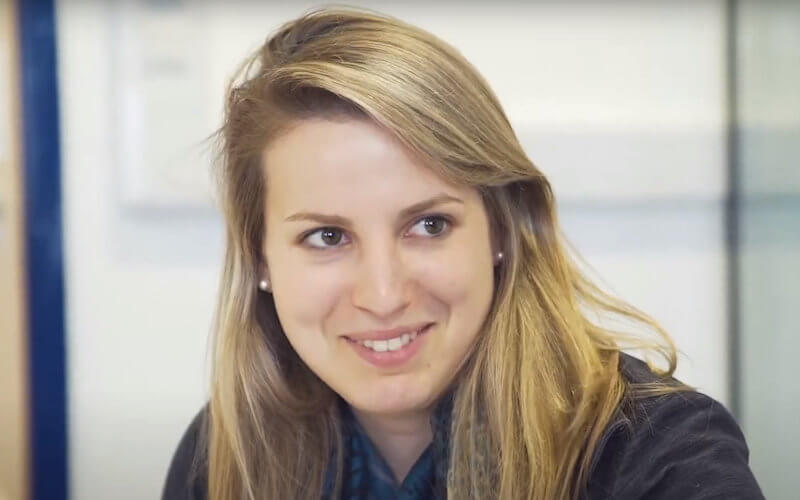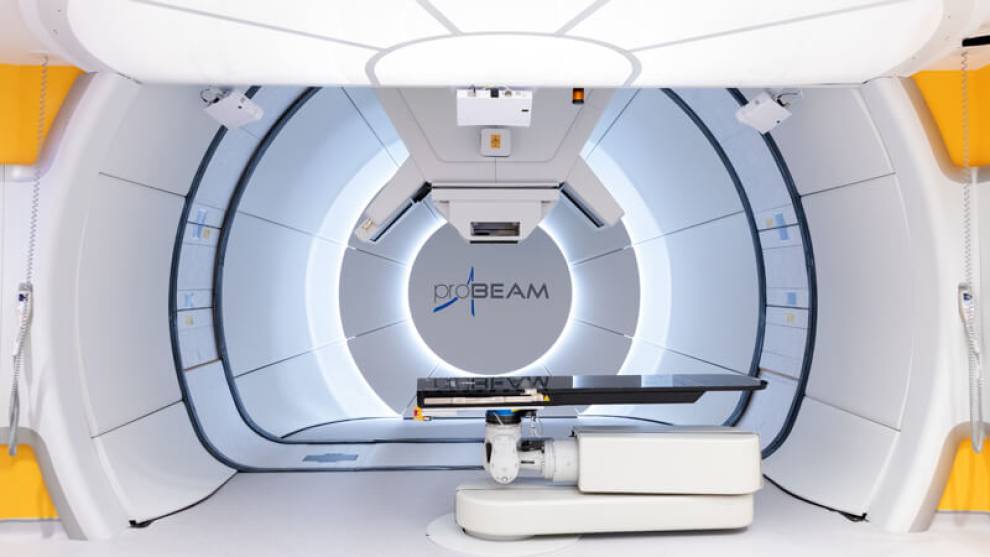Medical Technology and Diagnostics degrees
Undergraduate Open Day, 14 September
Due to high demand for places, Medical Sciences is hosting an additional Open Day on Saturday 14 September.
Come and meet our course tutors and current students to find out more about the courses you are interested in.
You'll also be able to speak to staff from accommodation, finance, and our Student Support and Wellbeing Teams.

Our programmes
Join UCL's world-leading expertise in medicine, business, and medical technology. Our courses explore some of the most significant advances in biomedicine and healthcare aiming to revolutionise modern medicine. These interdisciplinary courses focus on the research, design and development of next generation technologies and their translational focus for diagnostics and treatment.
Medical Innovation and Enterprise, BSc
Learn to translate cutting-edge research into products and services that will transform the way we diagnose and treat disease.
Full-time, 3 years.
Medical Innovation and Enterprise, MSci
Become a medical scientist who is not only familiar with latest medical innovations but also knows how to translate them into commercial opportunities.
Full-time, 4 years.
Advanced Biomedical Imaging, MSc
Gain detailed knowledge of the imaging techniques that are shaping biomedical research and translational medicine around the world.
Full-time, 1 year.
Burns, Plastic and Reconstructive Surgery, MSc / PGCert
Gain core knowledge and understanding of the latest plastic and reconstructive surgical tehcniques on this unique and highly innovative MSc.
Full-time, 1 year. Part-time, 2 years. Flexible, max 5 years.
Cancer, MSc / PGDip / PGCert
Cancer MSc reflects the depth and breadth of research interests, from basic science to translational medicine.
Full-time, 1 year.
Endodontology, MClinDent
Gain a broad and deep understanding of endodontology. Develop the skills to apply appropriate clinical strategies based on first principles.
Full-time, 2 years.
Endodontology, MClinDent (Advanced Training)
This programme is for those who want to specialise in endodontology. Training is mapped to the UK GDC-approved specialty training curriculum.
Full-time, 3 years.
Experimental and Translational Immunology, MRes
Gain insight into state-of-the-art immunology research, current issues in immunity, immune dysfunction and immune-based therapeutic approaches.
Full-time, 1 year.
Experimental and Translational Immunology, MSc
We bring together clinical and research expertise in translational immunology to focus on experimental medicine and therapeutic approaches.
Full-time, 1 year. Part-time, 2 years.
Genetics and Multiomics in Medicine, MSc
This MSc offers you an unparalleled opportunity to specialise in this sought-after area of medical science.
Full-time, 1 year. Part-time, 2 years.
Human Tissue Repair, MSc
Build specialist skills in human tissue repair after injury. Study an integrated mix of topics on inflammation, immunotherapy, and tissue engineering.
Full-time, 1 year. Part-time, 2 years.
Nanotechnology and Regenerative Medicine, MSc / PGCert
This MSc gives you a robust scientific understanding in nanotechnology and regenerative medicine, combined with a hands-on practical and translational focus.
Full-time, 1 year. Flexible, max. 5 years.
Precision Medicine, MSc
This MSc is an interdisciplinary course relating to the understanding of disease, and the technologies that detect, diagnose and treat them.
Full-time, 3 years. Part-time, 5 years.
Rehabilitation Engineering and Assistive Technologies, MSc
This full-time MSc focuses on the design, development, and clinical application of novel rehabilitative and assistive technologies.
Full-time, 1 year. Part-time, 2 years. Flexible, max. 5 years.
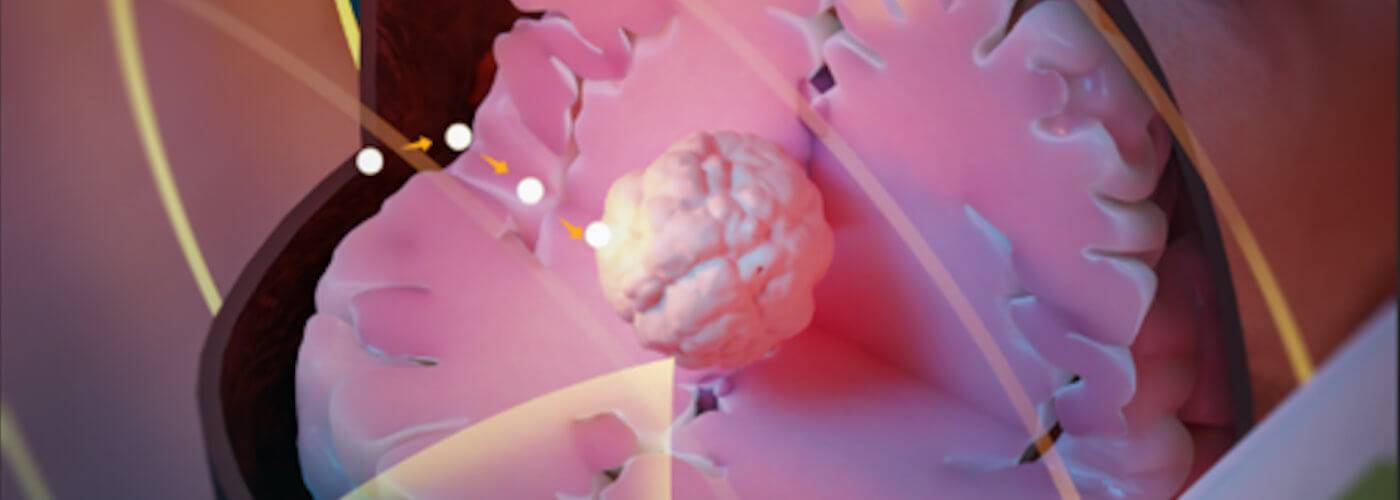
Why study Medical Technology and Diagnostics at UCL?
Medical advances are constantly changing the world, opening new opportunities to design treatments, improve detection and prevent illness. At UCL, you can learn from an interdisciplinary network, developing advanced knowledge in business, molecular profiling, medical imaging, and diagnostic testing. Find out more about studying medical technology influenced courses in London.
Where science meets comedy
Science performer and stand-up comedian Oz studied a PhD in Alzheimer's Disease at the UCL Centre for Advanced Biomedical Imaging. He has channelled his passion for science communication into an award-winning podcast, 'Why Aren't You a Doctor Yet?' Watch his story.
Careers
Our Medical Technology and Diagnostics courses are an excellent foundation for those looking to establish a career in biotech, pharma, national research laboratories or NHS agencies. Graduates are eligible for a wide range of UK and international career opportunities and are well-equipped for further studies such as a PhD at world-leading universities.
Depending which programme you choose, you will be able to pursue a career in the scientific or clinical research within the fields of nanomedicine, regenerative medicine, rehabilitation engineering or biomedical imaging. Within industry, our previous graduates went on to key positions in companies such as Siemens, Philips, GE Healthcare or GSK.
“The MSc Rehabilitation Engineering and Assistive Technologies provided me with the opportunity to submerge myself in a multi-disciplinary research and health care setting, using practical methods to study the topic.
Lectures and seminars were led by experts from a wide range of disciplines and backgrounds, including clinicians, academics and patients living with the studied condition, which was a great privilege.
The programme provided me with a strong foundation in conducting research in this field which eased the transition to my PhD studies.
Lydia Mardell
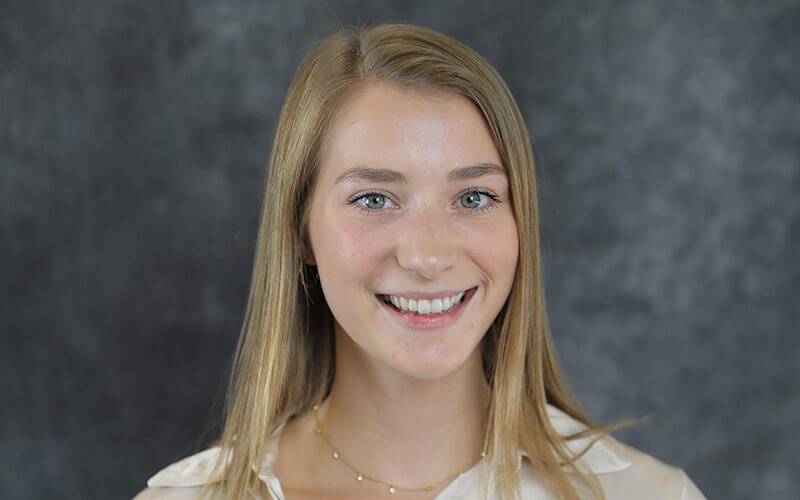
Our research in Medical Technology and Diagnostics
As world leaders in medical and biomedical research, our research is led by some of the greatest scientific minds. Our cutting edge-technology help us to detect, diagnose and develop novel treatments, and develop new tissue engineering strategies for tissue regeneration and directing cell behaviour.
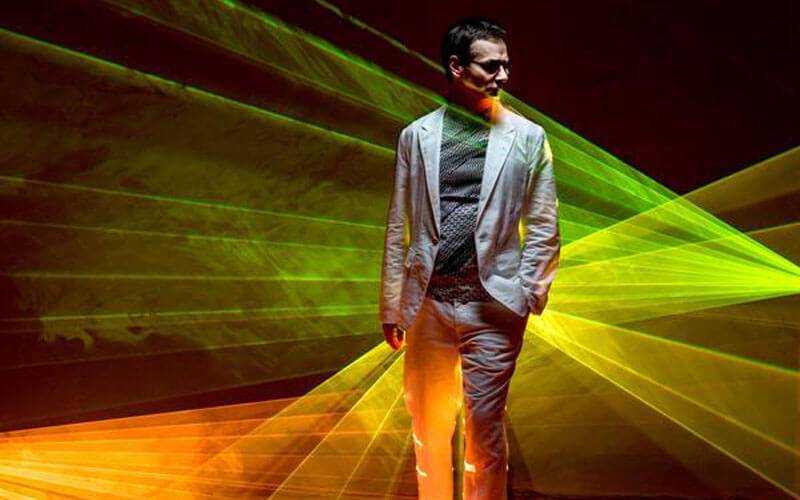
Centre for Advanced Biomedical Imaging
The Centre for Advanced Biomedical Imaging features a host of imaging modalities used to tackle some of the most complex biomedical problems today.
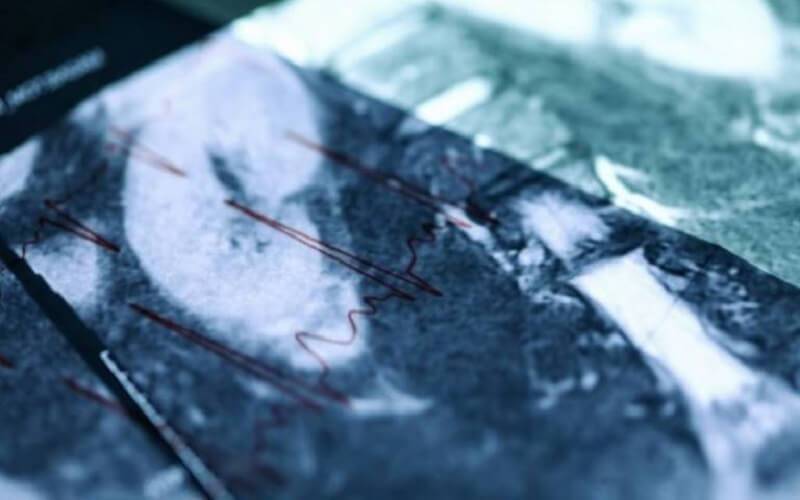
Breakthrough for rare, untreatable heart disease
Clinical researchers at UCL have pioneered new methods to more easily diagnose the often-fatal heart muscle disease ATTR amyloidosis.

Smartphones could monitor liver disease patients at home
A smartphone camera was able to detect changes in skin tone and eye colour that require patients to seek medical help, new research shows.
Our teaching leads
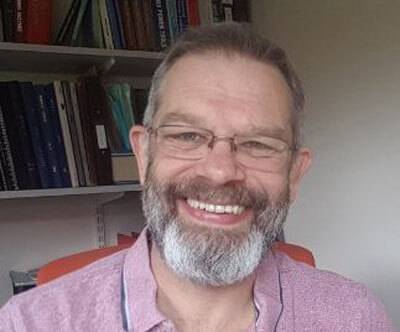
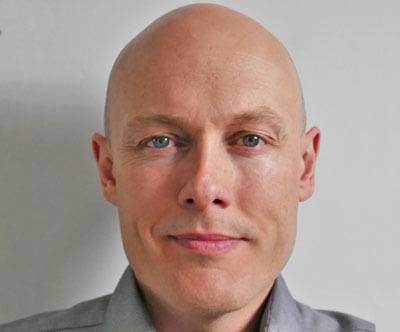
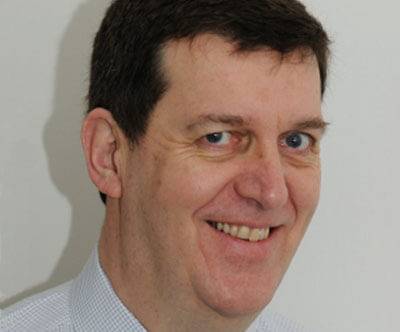
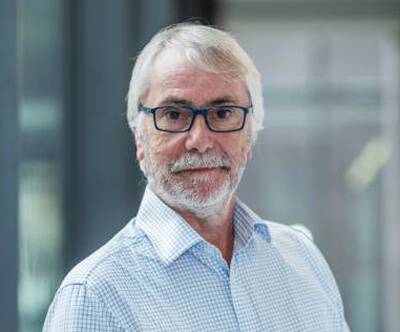
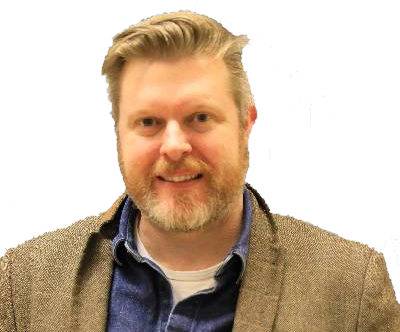
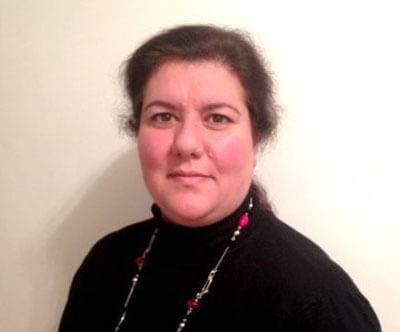
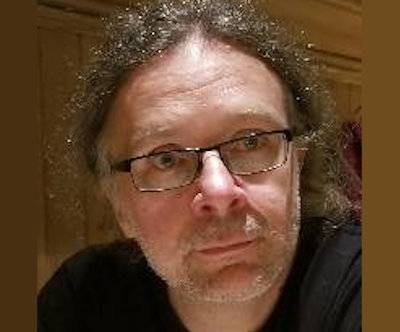
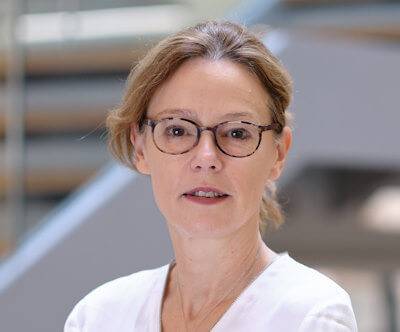
Dr Milica Vukmanovic-Stejic
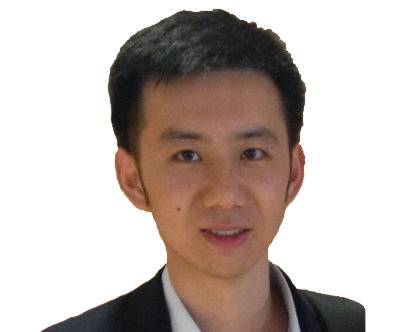
 Close
Close



